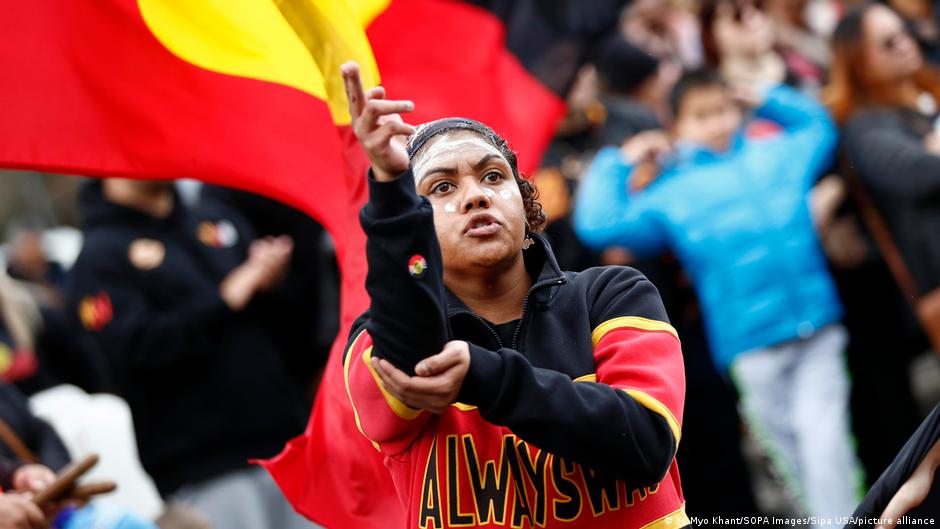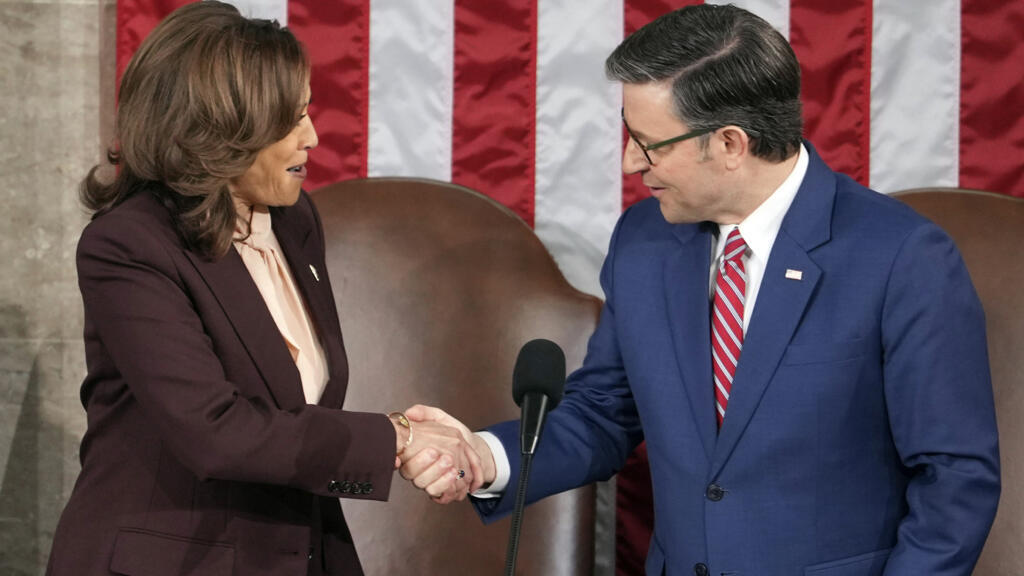The state of Victoria on Thursday signed Australia’s first treaty with Aboriginal people and formalized it into law.
Hailed by advocates as an important step toward reconciliation, the agreement gives indigenous peoples greater oversight over decisions that concern them.
What does the treaty cover and what has been the reaction to it?
The treaty, which will come into effect on December 12, grants formal apology to Australia’s First Nations peoples and establishes a permanent representative group to advise the Victorian government.
“Today marks a new chapter in our state’s story,” Victorian Premier Jacinta Allen said at a signing ceremony in the Victorian state capital, Melbourne.
He said, “When people have real say in the things that affect their lives, their health care, housing, education, and the practices of their culture, their outcomes improve and our state is made fairer.”
What has been the recent situation of indigenous groups in Australia?
While treaties with indigenous groups are common in British colonized countries such as New Zealand and Canada, Australia has long lagged behind.
A national referendum in 2023 to include an indigenous advisory body in the constitution was rejected by 60% of voters, in what supporters of the proposed body saw as a setback for reconciliation efforts.
Jill Gallagher, a member of the Gunditjmara people – an Aboriginal nation of south-western Victoria – and former commissioner of the Victorian Treaty Advancement Commission, played a key role in the treaty negotiations.
“This is a story of resistance of Aboriginal people,” he told the ABC public broadcaster.
It is believed that the first human settlement in Australia occurred 60,000 years ago.
British colonization of the continent began in 1788, which was followed by a large reduction in the tribal population due to massacres and forced displacement, as well as the spread of diseases.
Australia’s approximately one million Indigenous citizens are well below the national average on most socio-economic measures.
Edited by: Sam Dusan Inayatullah






Leave a Reply